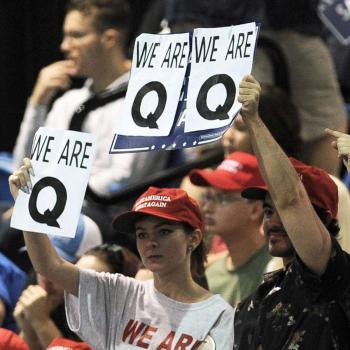Back when I was a Christian, I would have said that my little girl sees people the way Jesus sees them, and that this is why Jesus told his followers that they should become like little children. Today, though, I would simply say that my little girl sees people through eyes that are as yet unpolluted by the prejudices every human picks up as he or she goes through life. She is completely innocent, and doesn’t understand the difference between the obese person and the athletic person, or between the homeless man and the wealthy business man. To her they are all just interesting people in a fascinating world she longs to explore.
This won’t last. My little girl will learn to hold prejudices just like everyone else. I can try to prevent it, but even I will unintentionally pass on my prejudices to her, and she will also hear messages from the society we live in, from advertisements, friends at school, and the way she sees people treat each other. A turn of the head, a facial expression – it all means something. We use social cues to communicate all the time, and my little girl will eventually pick up on these cues.
This sounds like the makings of a very sad story. Am I being too much of a pessimist? I think I am just being a realist. I’m not saying we should give in to the prejudices, just pointing out that they exist, and have always existed in human society. We can’t escape them, but that doesn’t mean that we shouldn’t actively seek to work against them.
What little children like my daughter remind us of is that these prejudices are something that we gain over time, not something that we are born with. Watching my little girl interact with the people around her reminds me that regardless of their physical appearance, age, religion, or social status, people are, inside, just people. People like me. People like my little girl. And with that in mind, I should wave and say “hi” with a genuine smile on my face.














